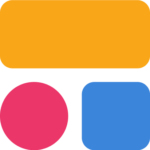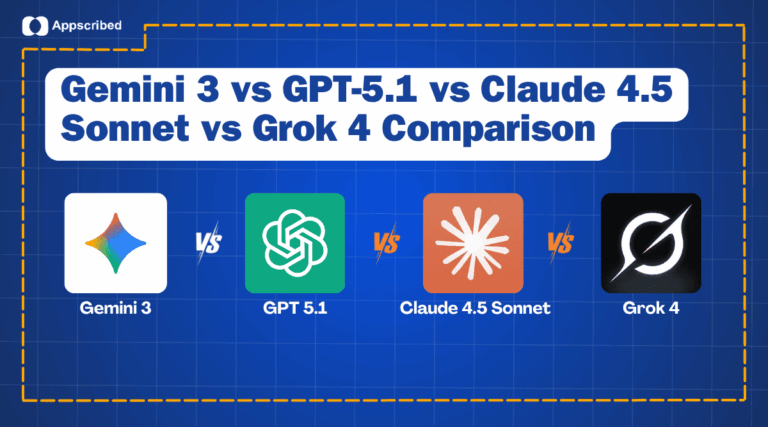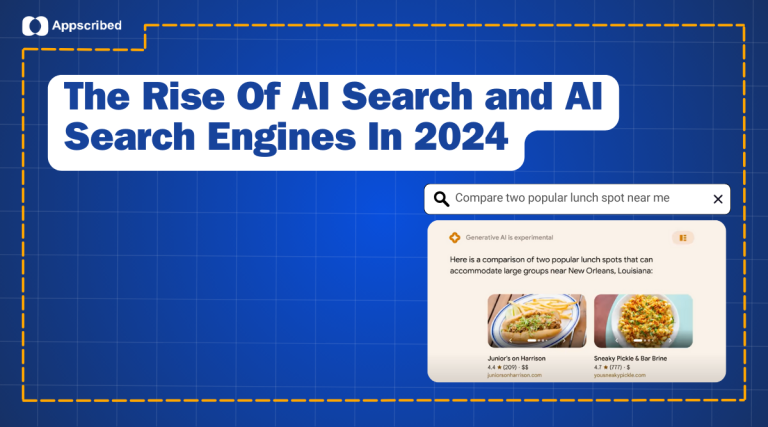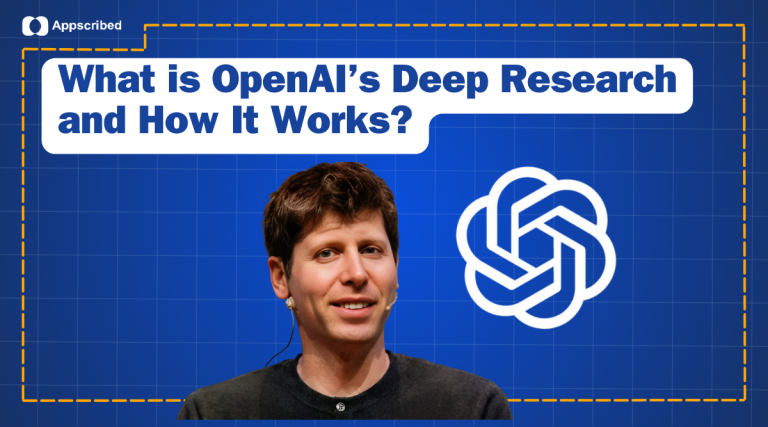On December 10, 2024, as part of its “12 Days of OpenAI” event, OpenAI announced the full release of Canvas, a collaborative editing and coding tool within ChatGPT. Initially introduced in October 2024 for ChatGPT Plus and Team subscribers, Canvas is now accessible to all users, including those on the free tier. This expansion brings a host of features aimed at enhancing user productivity and creativity.
What Differentiates this Canvas Rollout

The December 10 update expands Canvas’s capabilities beyond its initial beta features:
- Broader Accessibility: Previously limited to premium subscribers, Canvas is now available to all ChatGPT users, opening up the access to advanced editing tools.
- Integrated Code Execution: The addition of Python code execution within Canvas streamlines the coding workflow, eliminating the need for external environments.
- Enhanced Customization: Support for custom GPTs allows users to create specialized AI models within the Canvas interface, enhancing the tool’s versatility.
Features and Capabilities of Canvas
Canvas integrates writing, editing, and coding functionalities into a single interface, allowing users to collaborate with AI in real time. Key features include:
- Side-by-Side Editing: Users can edit AI-generated responses or create new content in a notebook interface directly adjacent to the ChatGPT conversation window. This setup makes it easier to refine and organize outputs.
- Python Code Execution: The latest update includes the ability to execute Python code directly within the Canvas environment, enabling immediate testing and debugging.
- Custom GPT Integration: Users can integrate their custom GPTs, tailoring AI responses to specific tasks or workflows.
These features are designed to streamline both creative and technical tasks, making Canvas a versatile tool for various industries, including education, software development, and content creation.
Access and Availability
Canvas is now available to all ChatGPT users:
- Free Users: Access the core Canvas features, including editing and organizational tools.
- ChatGPT Plus and Pro Subscribers: Gain enhanced functionality, such as extended code execution capabilities and faster response times.
This broader access is a step toward democratizing AI tools, enabling a wider audience to benefit from advanced editing and coding features.
Community Response
The community reaction to Canvas’s full release has been mixed but largely positive. Users on social media and forums have praised the seamless integration of writing and coding tools within ChatGPT. Developers, in particular, have highlighted the utility of in-chat code execution, which reduces the need to switch between multiple tools during workflows.
One forum user shared, “Being able to test and debug Python code directly in Canvas has saved me so much time. It’s a fantastic addition to ChatGPT.” Others, however, expressed frustration with the technical glitches and limited clarity on some functionalities.
Overall, the response underscores the excitement for Canvas’s potential while emphasizing areas where OpenAI could improve the user experience.
Issues Reported by Users
While the expansion of Canvas has been widely welcomed, some users have reported issues during its rollout:
- Technical Glitches:
- Users have encountered difficulties with Canvas failing to render code blocks correctly.
- Some reported error messages when attempting to open new canvases, with the interface becoming unresponsive.
- Instruction Misinterpretation:
- Users noted that specific commands like “use canvas” sometimes fail to trigger the tool correctly, leading to confusion.
- Limited Guidance:
- First-time users have expressed the need for clearer tutorials or instructions to maximize the tool’s potential.
OpenAI is aware of these concerns and has acknowledged them on their community forums, stating that updates and fixes are in progress.
Brief Update on Sora
In a separate update, OpenAI addressed the ongoing demand for Sora, the text-to-video AI model launched earlier during the event. Sora allows users to generate videos from text prompts, animate images, and remix existing videos. However, due to overwhelming demand, OpenAI has paused new account creations for the tool.
Existing users who accessed Sora during its beta phase can continue using it, while new users will need to wait for capacity expansion. OpenAI has not provided a specific timeline for reopening access but has reassured users that scaling efforts are underway.
For updates, users are encouraged to follow OpenAI’s official announcements and social media channels.
Also Read:
Day 3 – OpenAI Sora Is Here: Features, Usage, Access, and Login Issues
List of All ChatGPT Updates till Dec 2024
ChatGPT Canvas vs. Claude Artifacts: An In-Depth Comparison
Conclusion
The full release of Canvas represents another significant step in OpenAI’s efforts to provide accessible, practical AI tools. By extending this functionality to all users, OpenAI is empowering a larger audience to explore creative and technical possibilities.
While the rollout has faced some technical challenges, the broader community response reflects optimism about Canvas’s potential. As OpenAI works to address these issues, the tool is poised to become a cornerstone of productivity for ChatGPT users.













